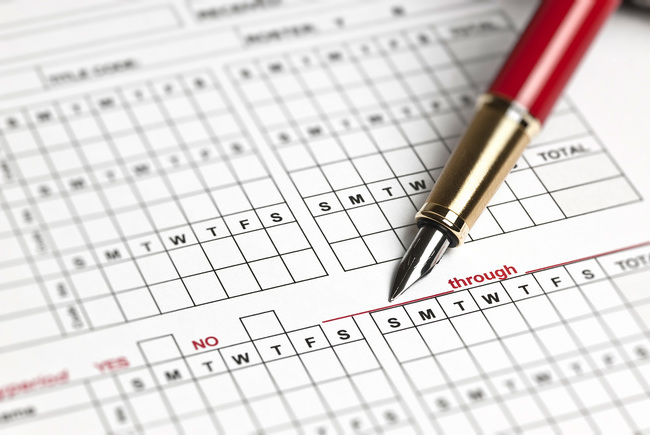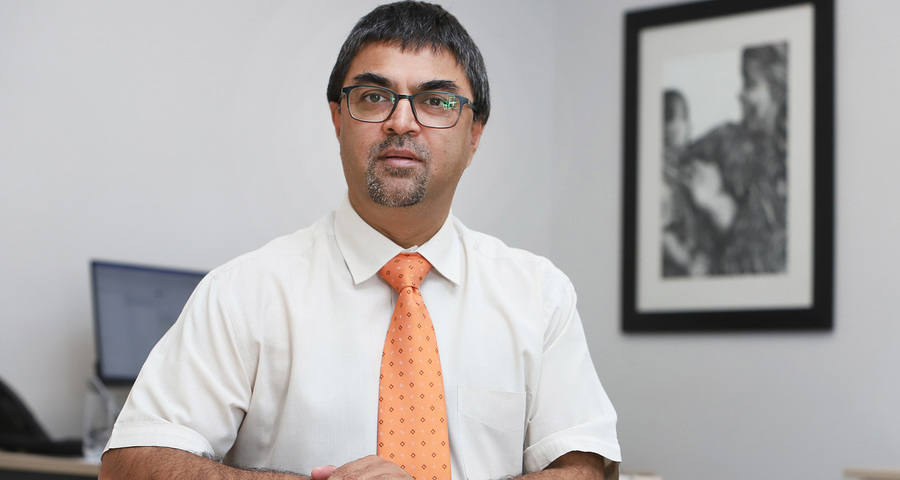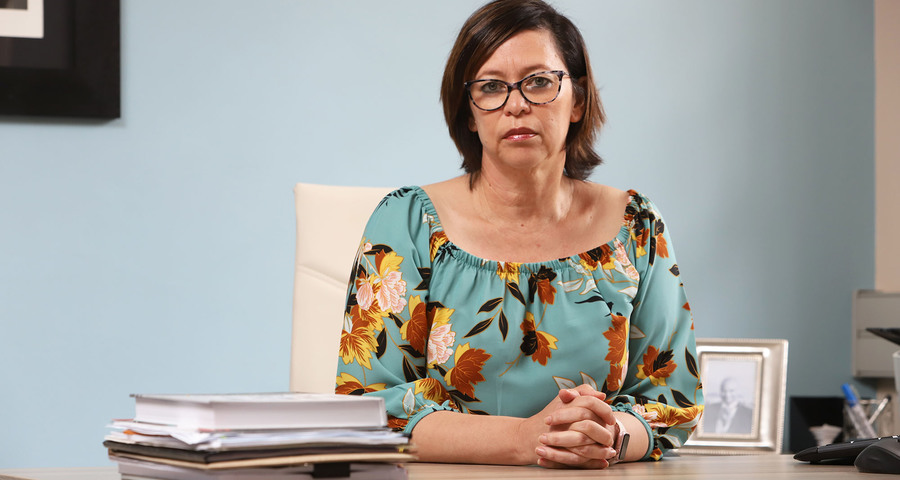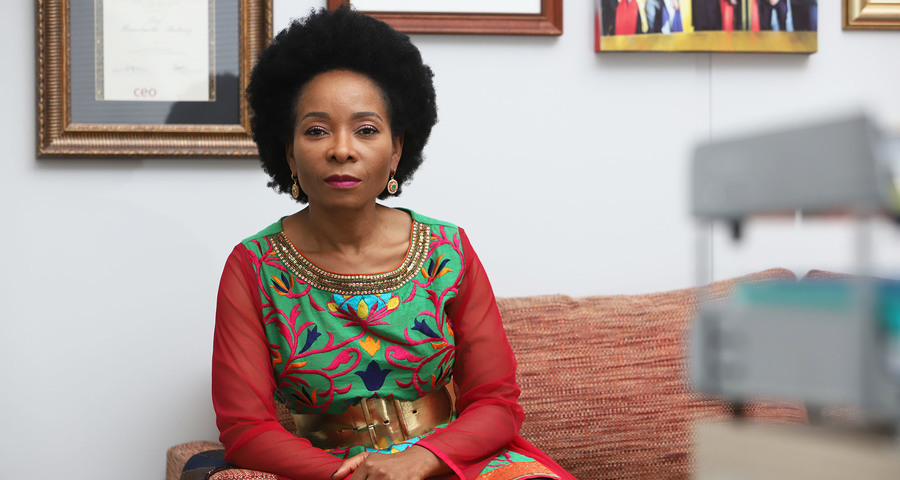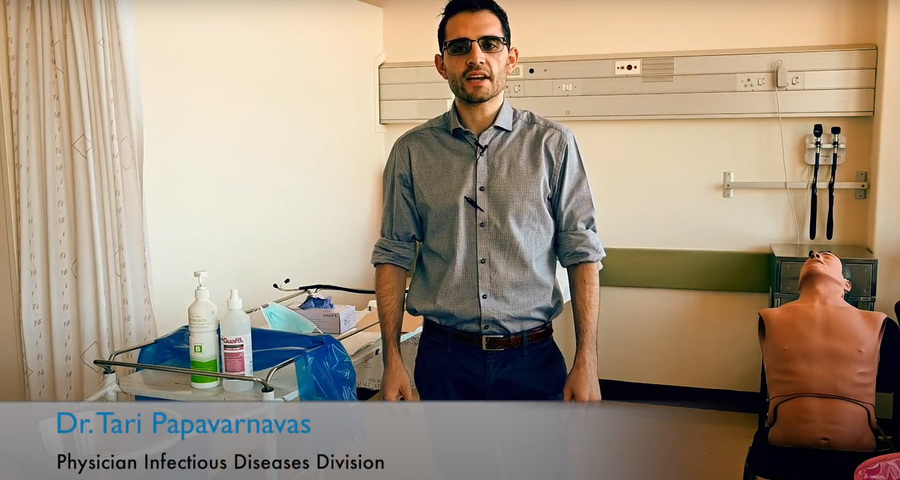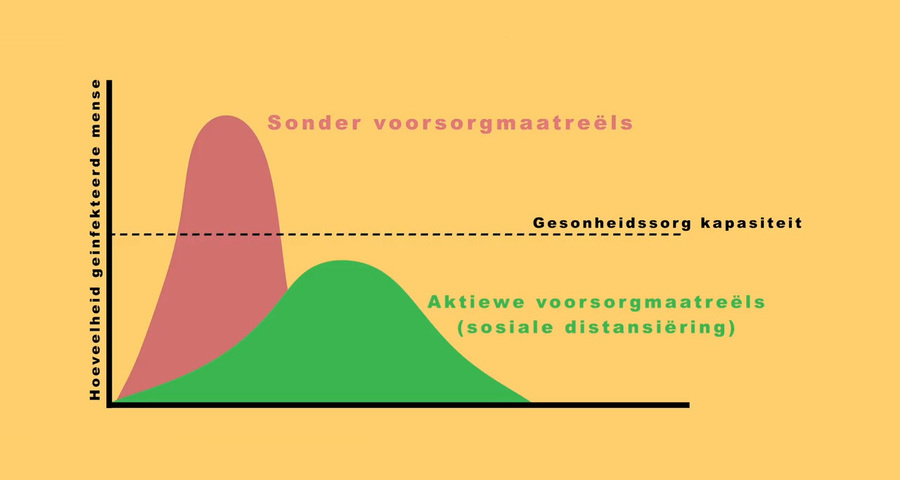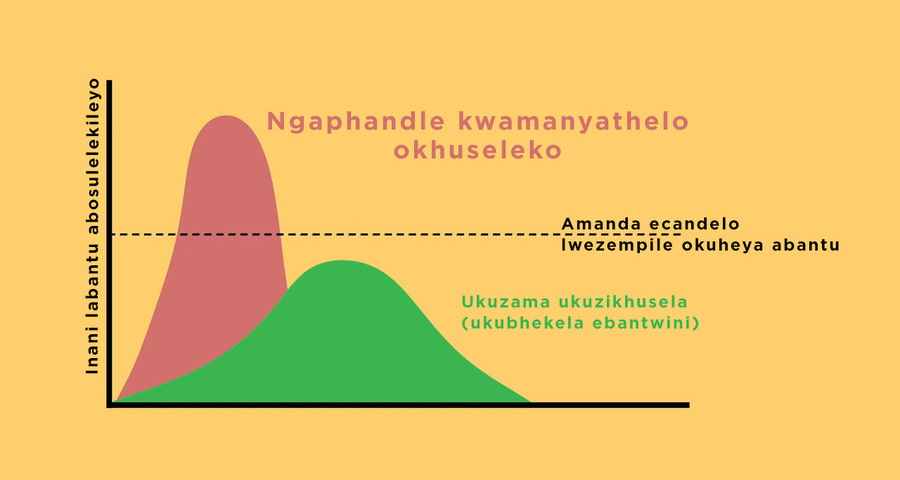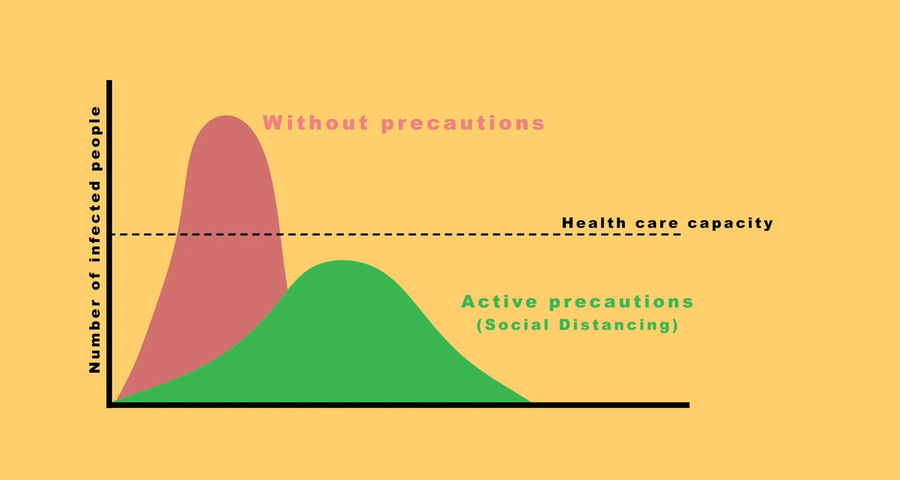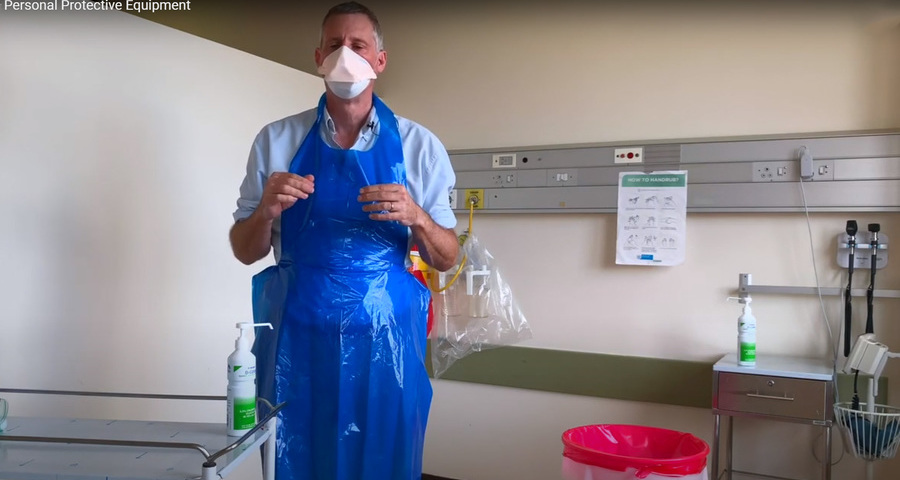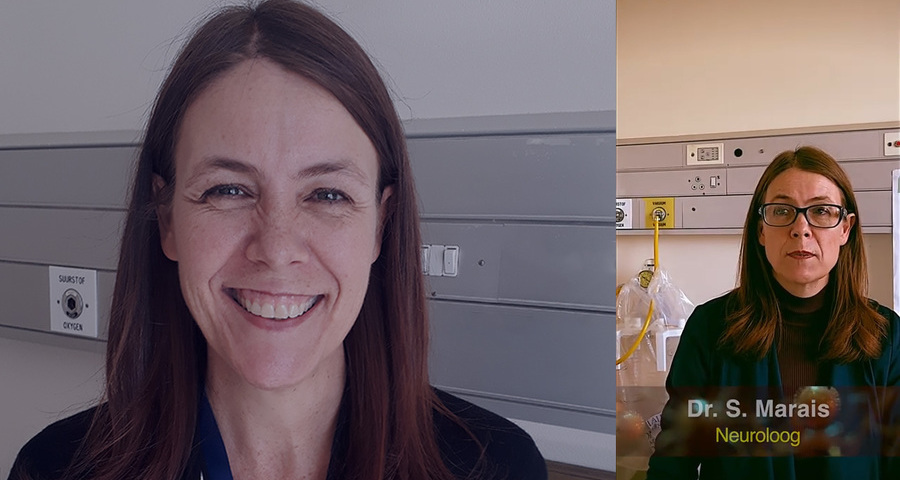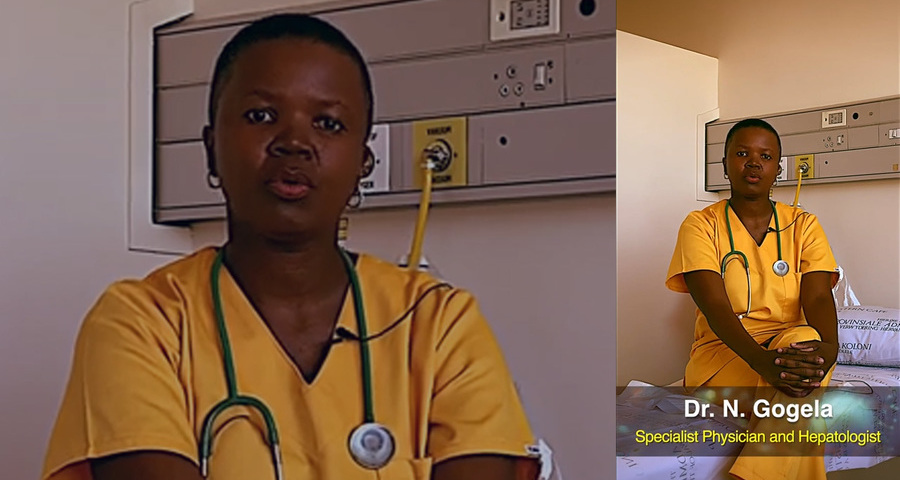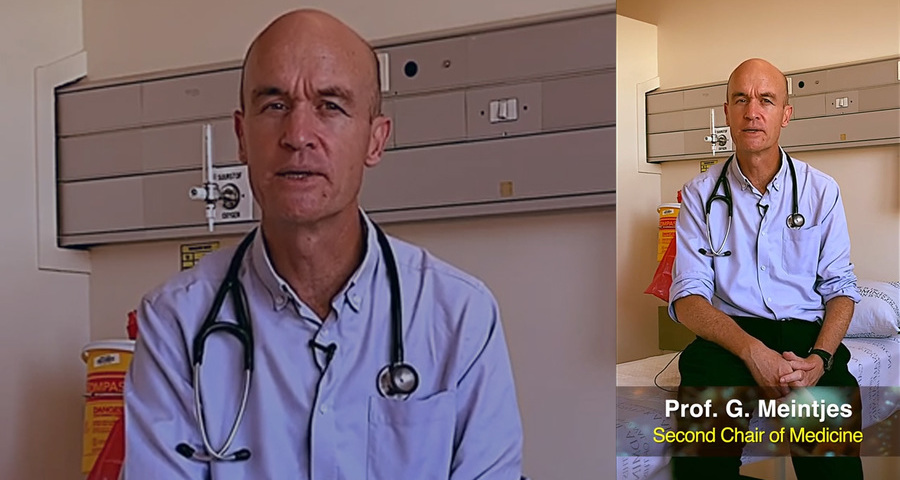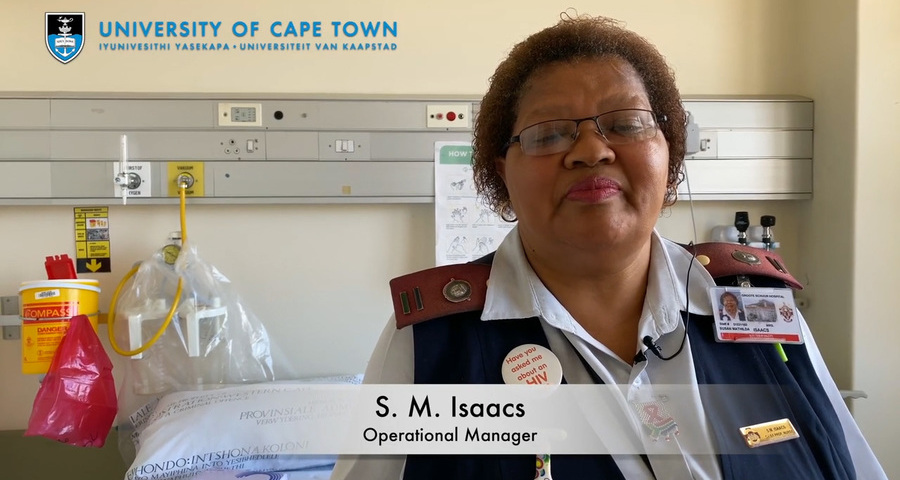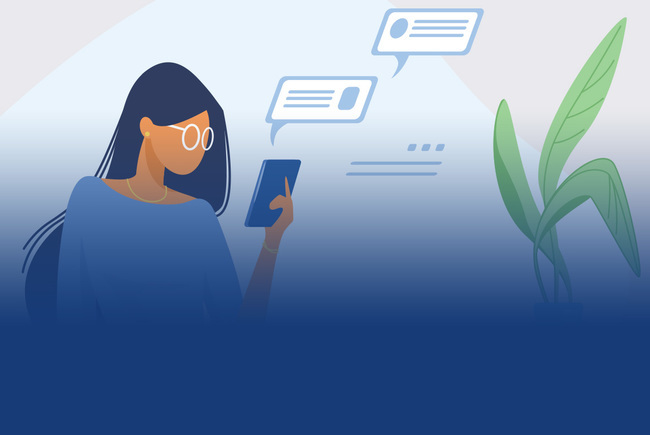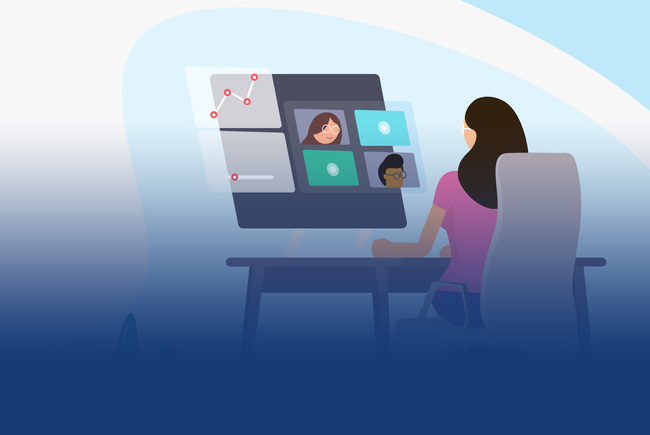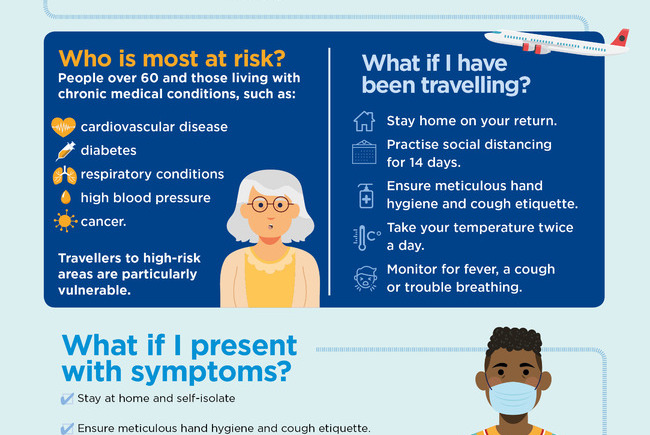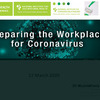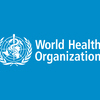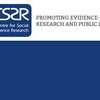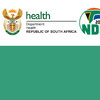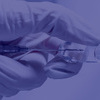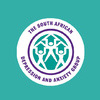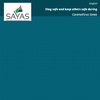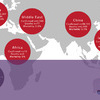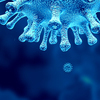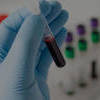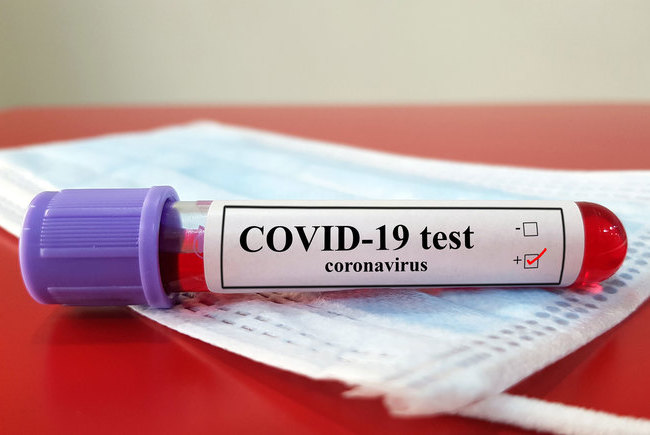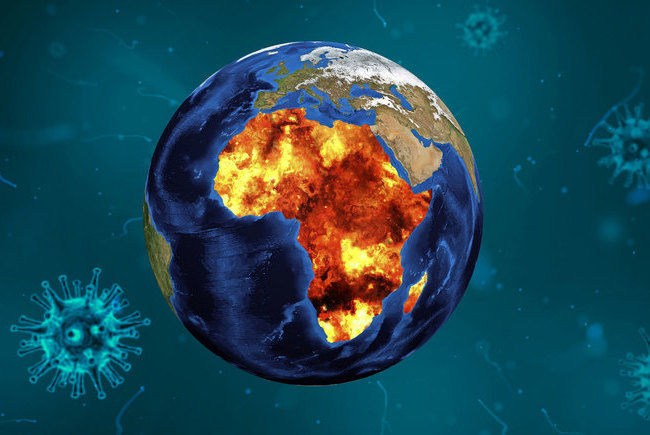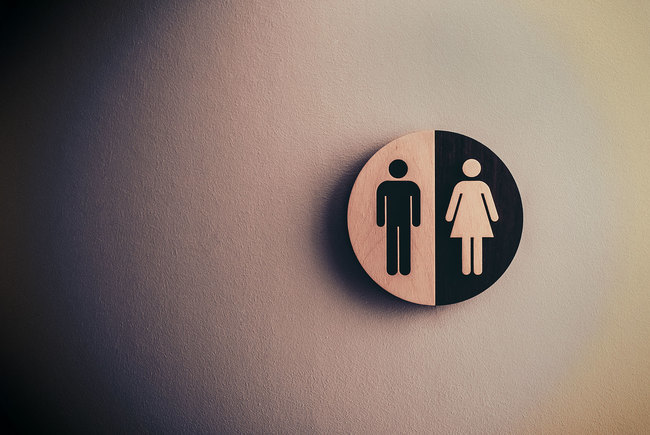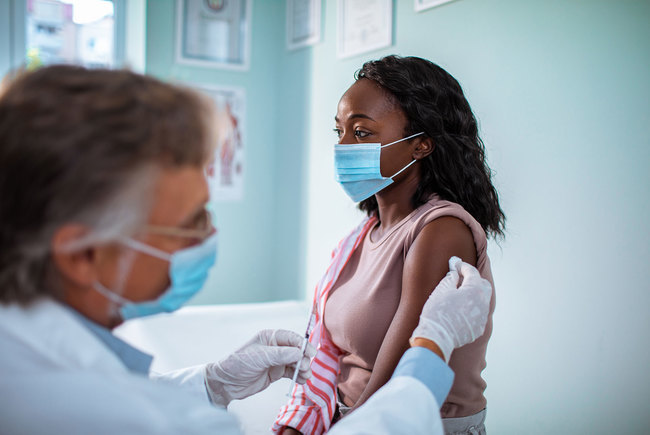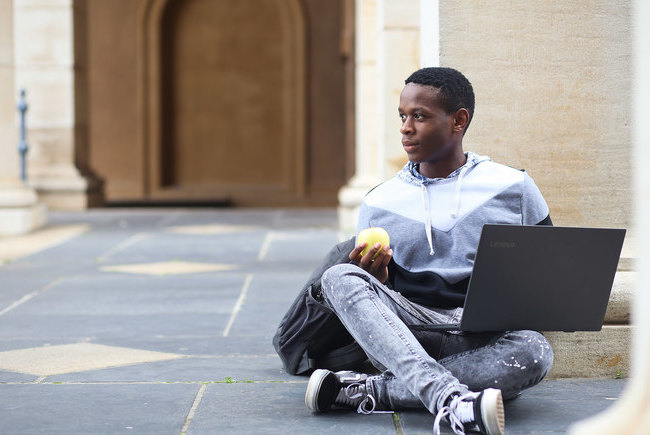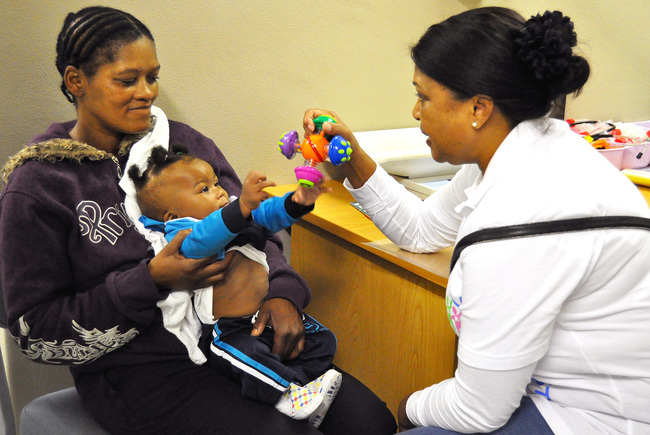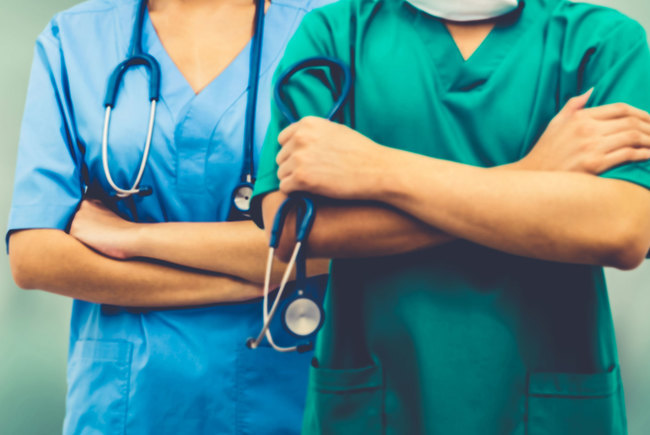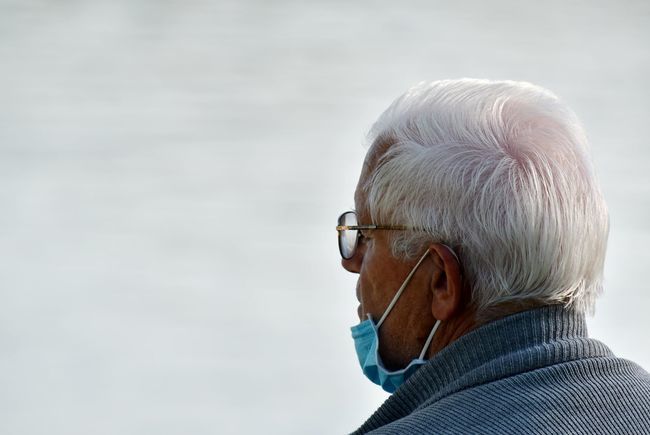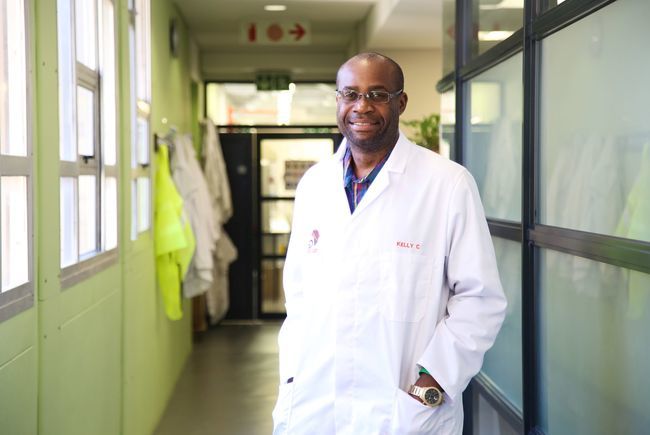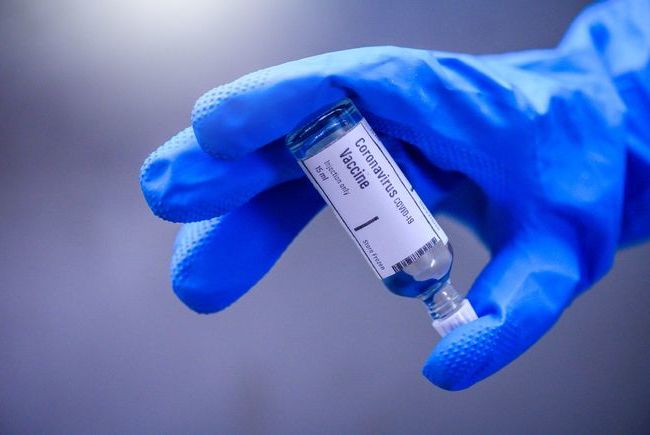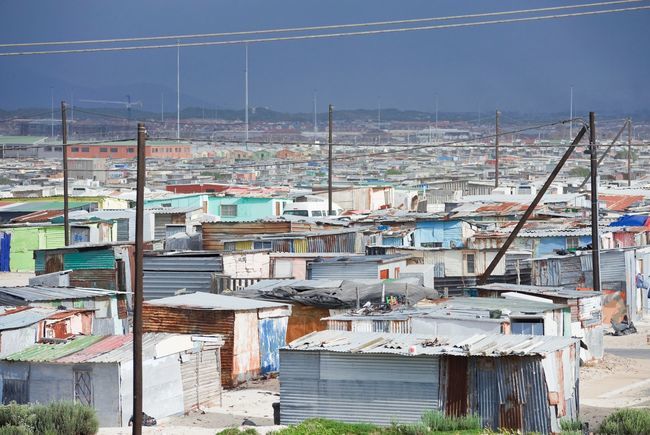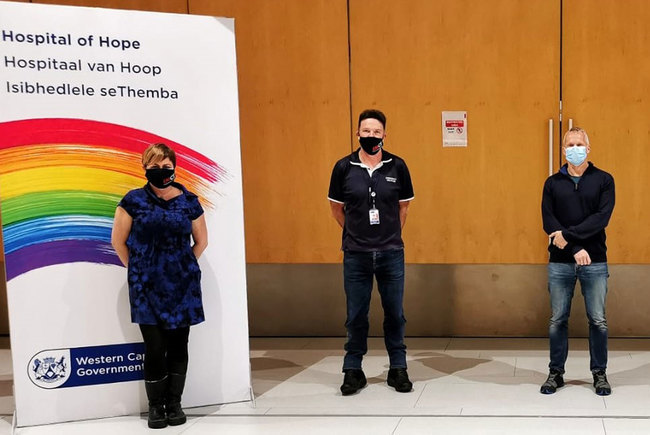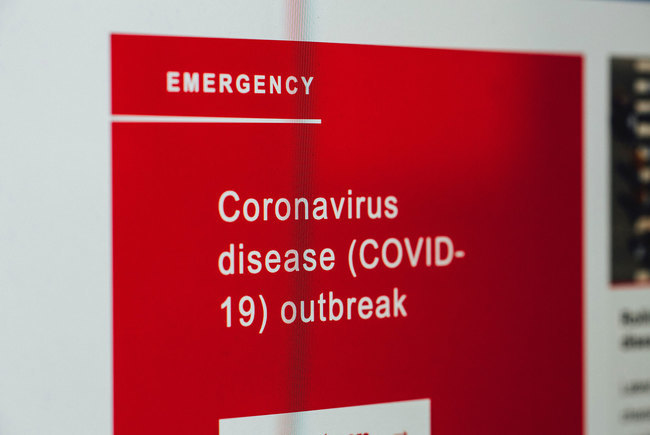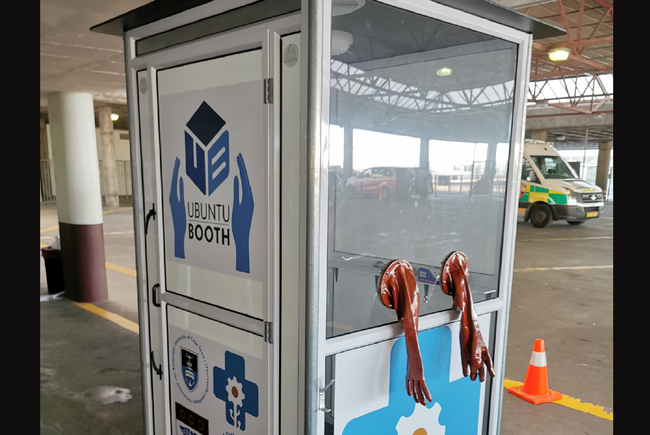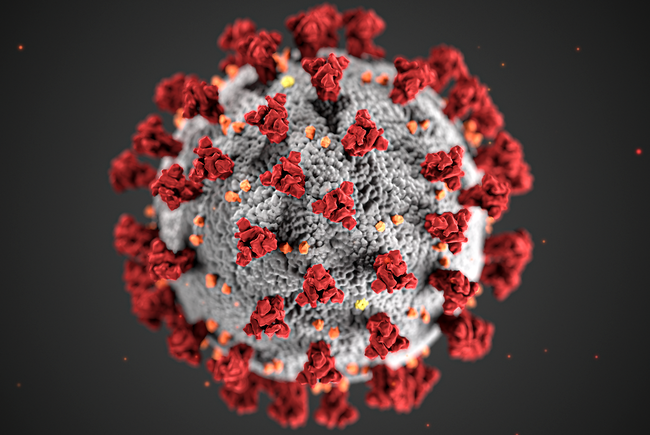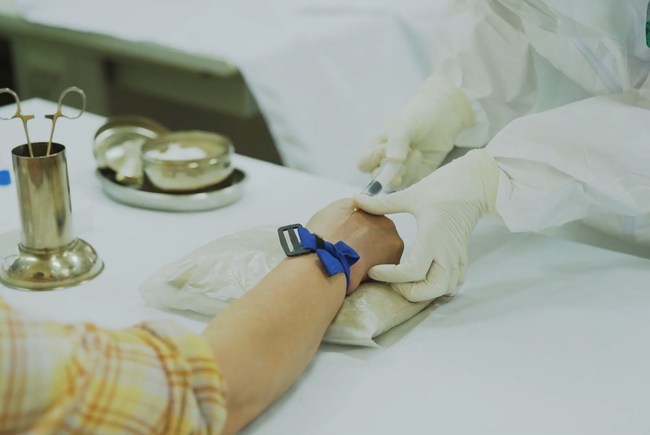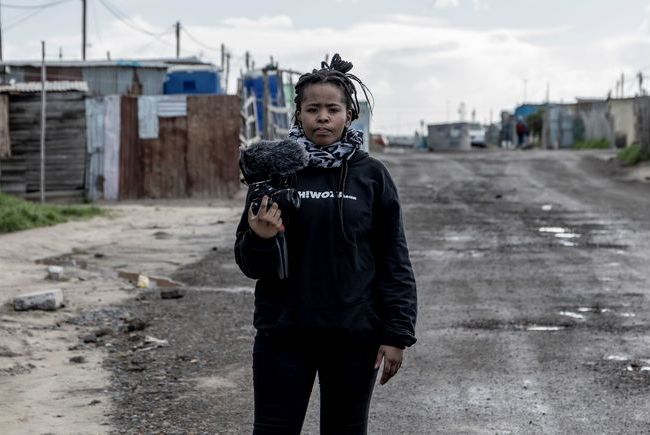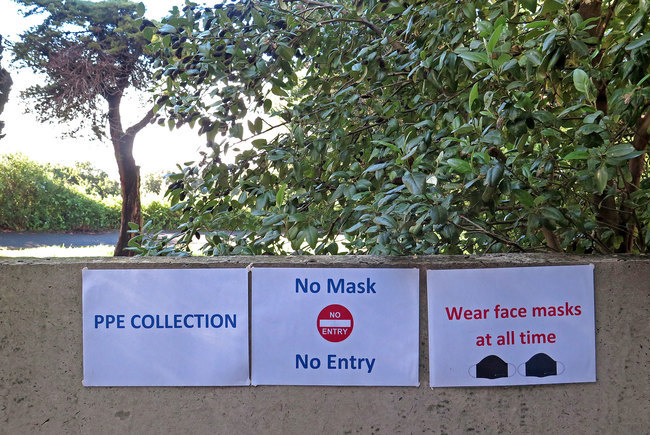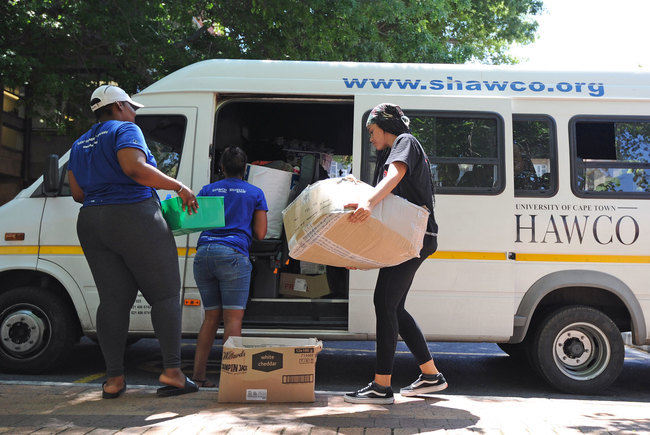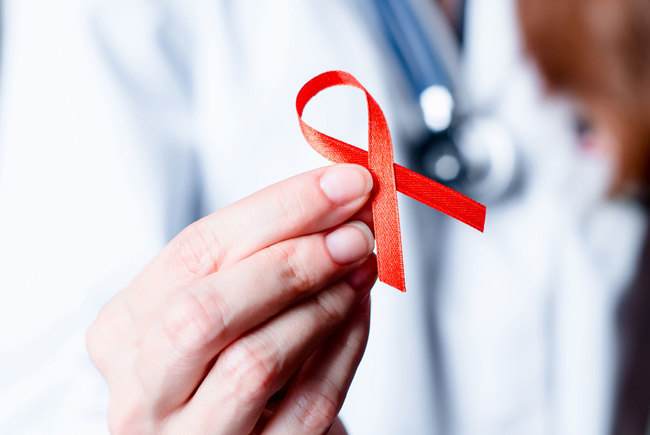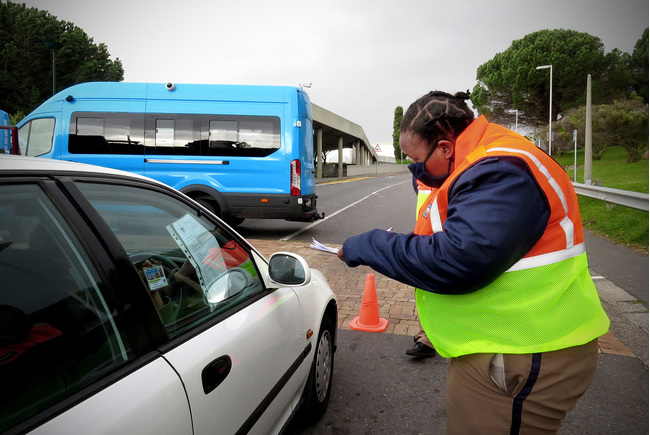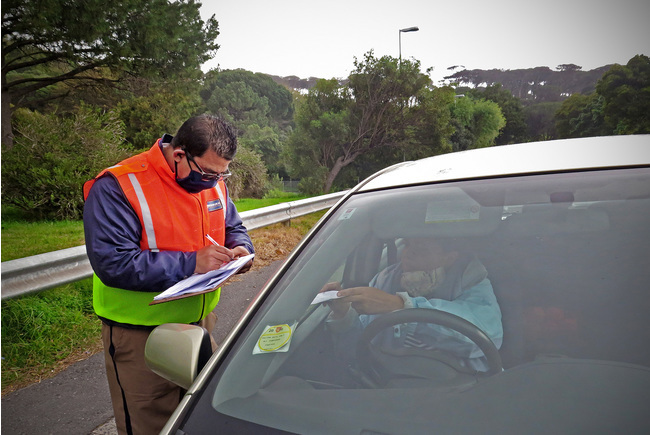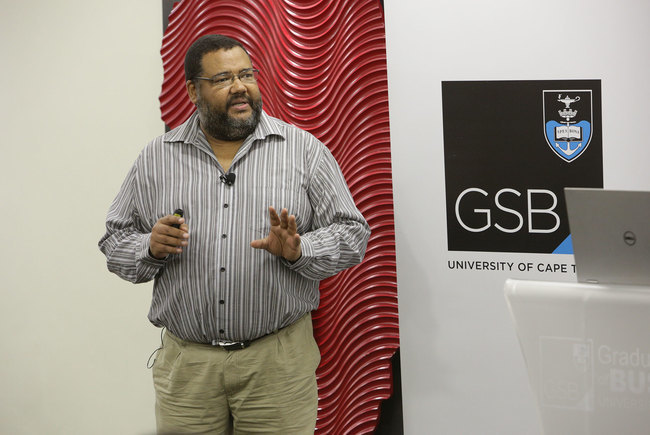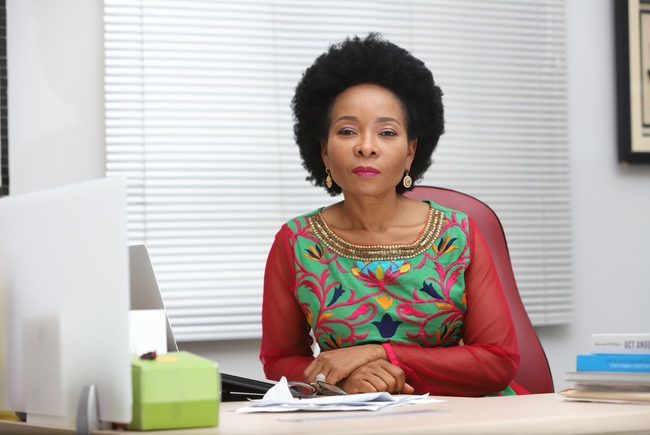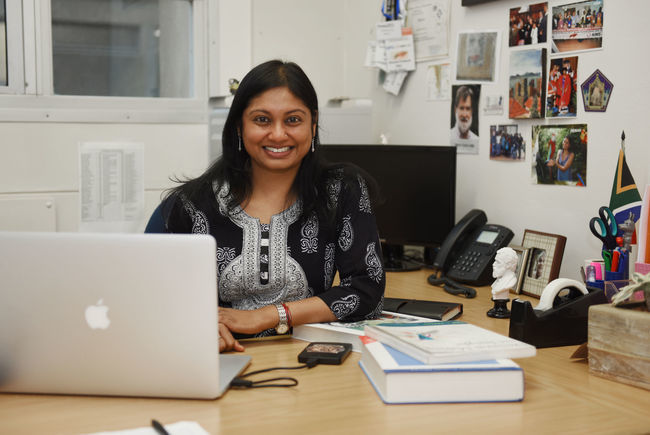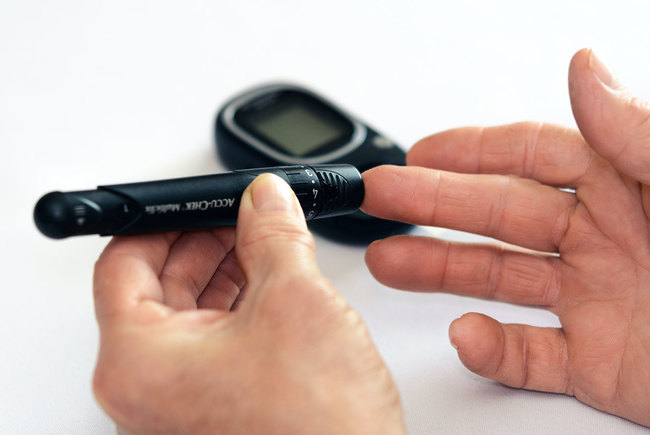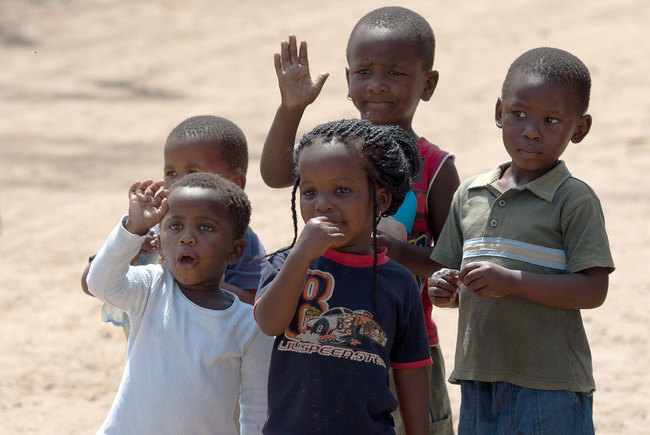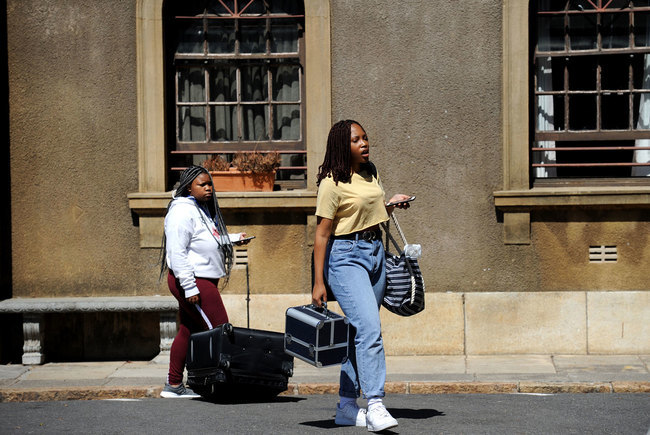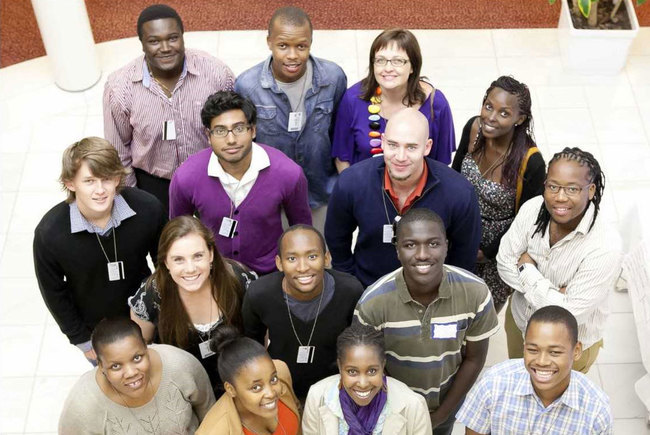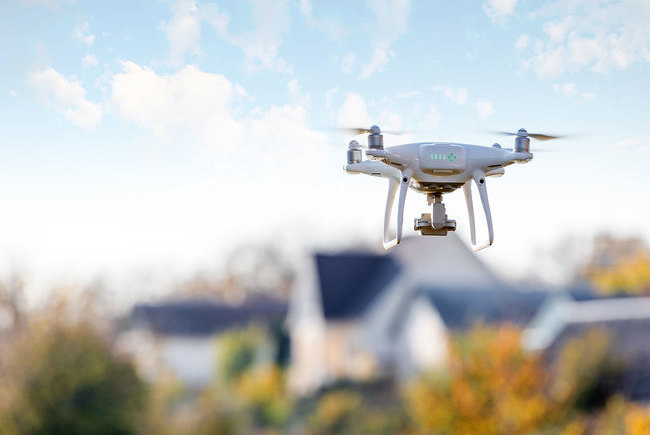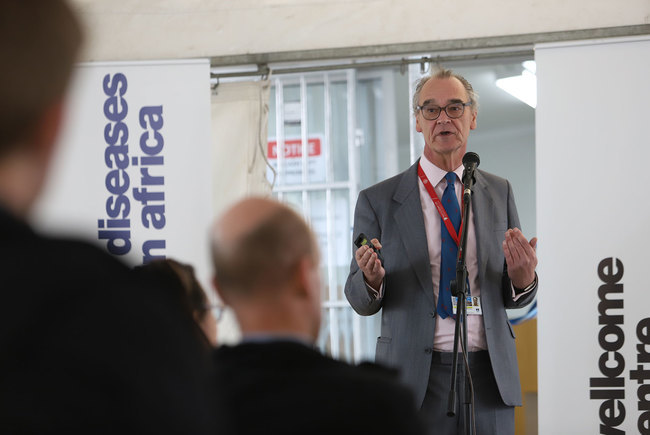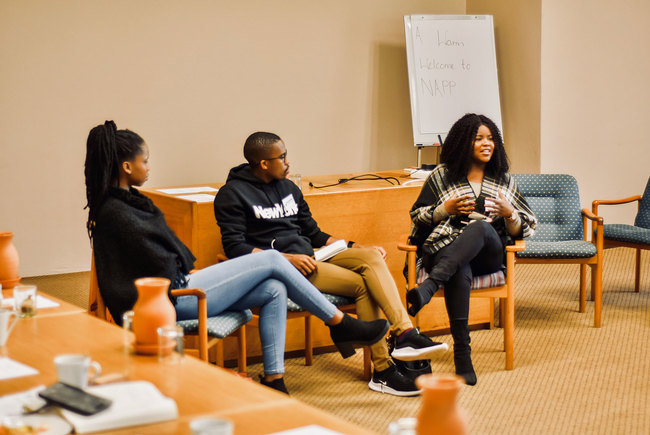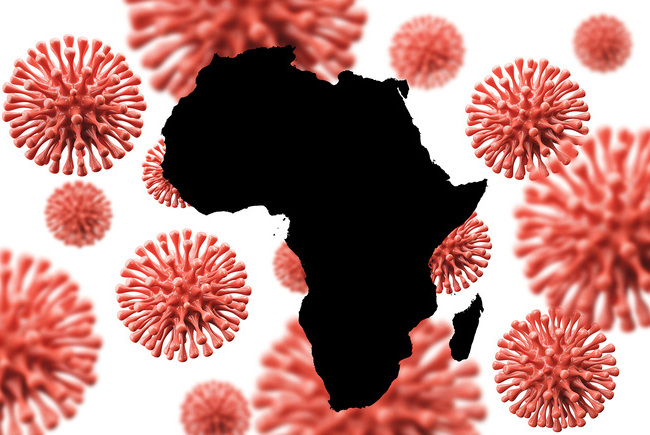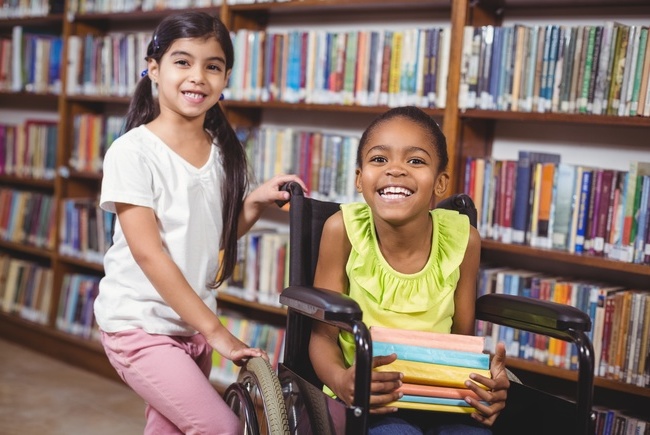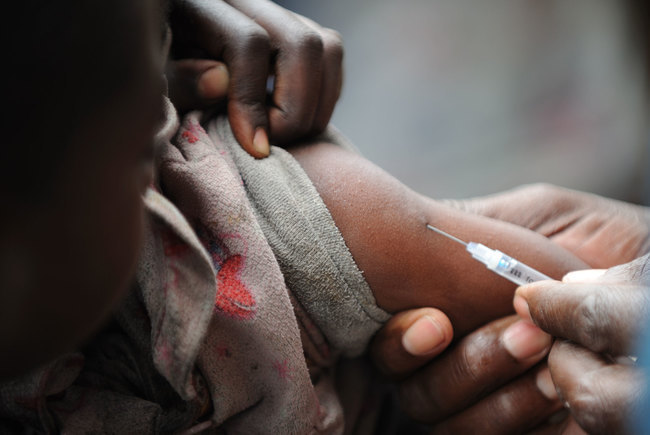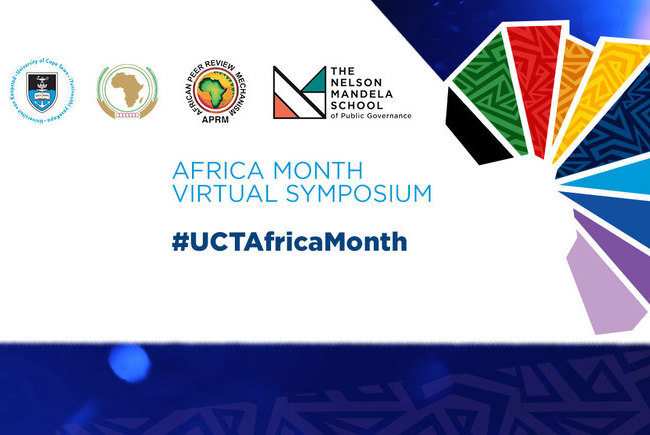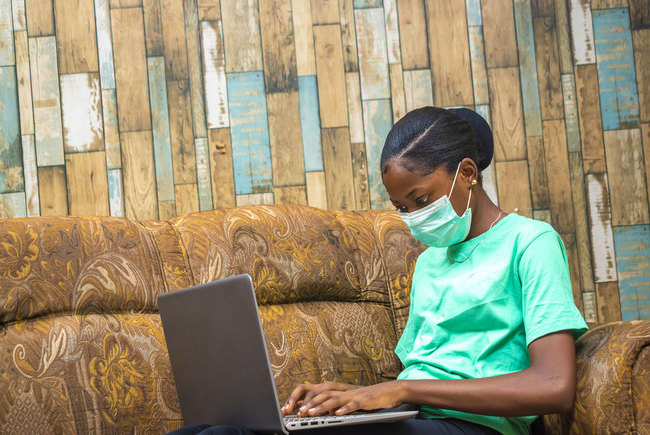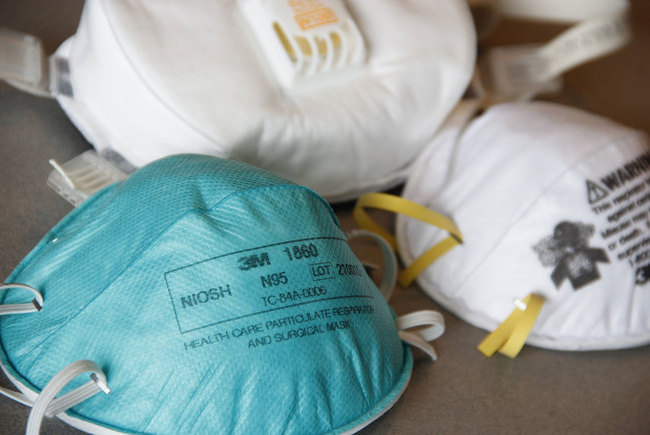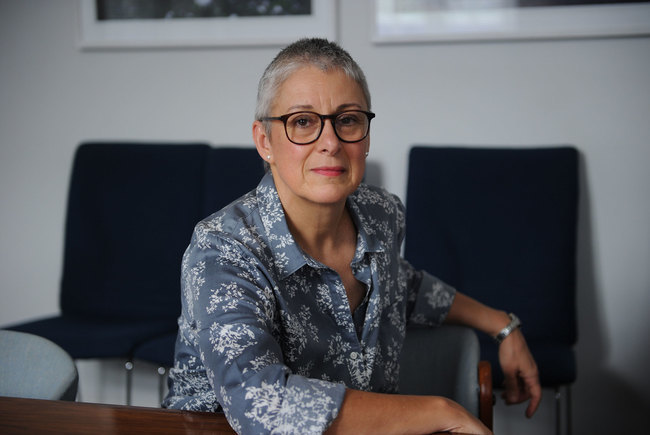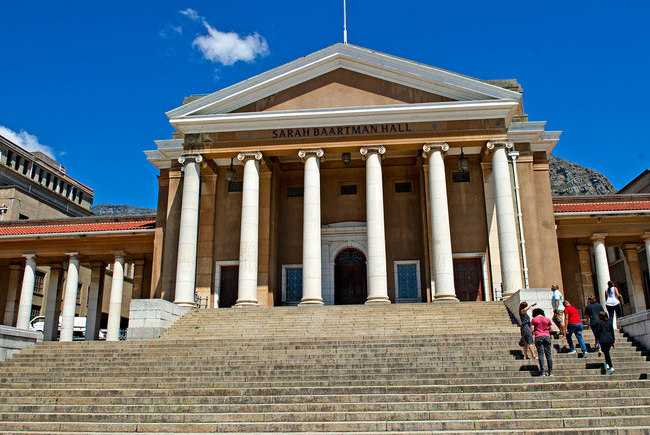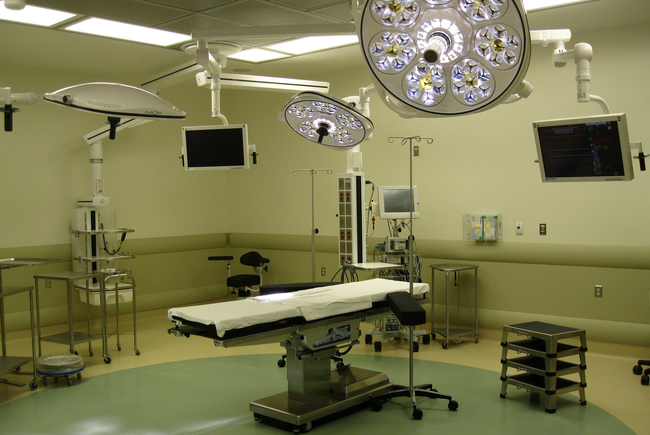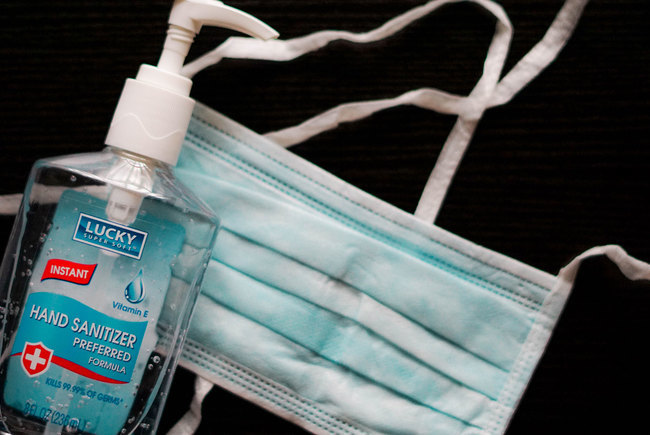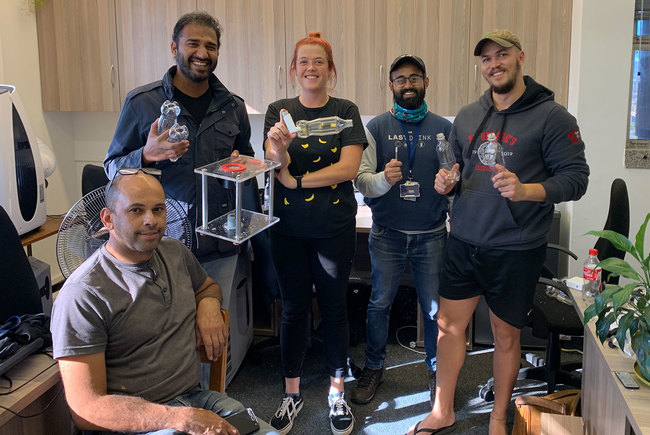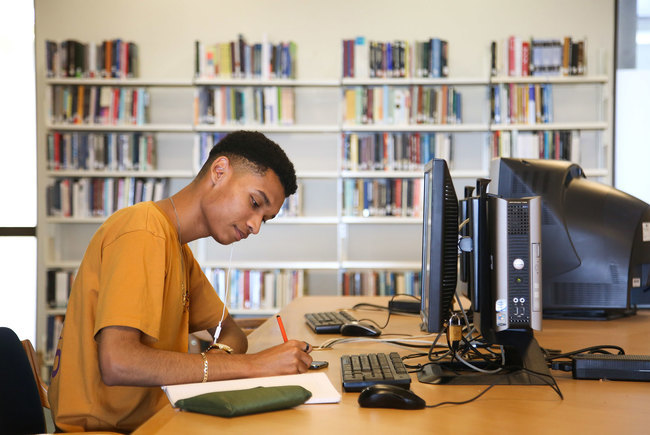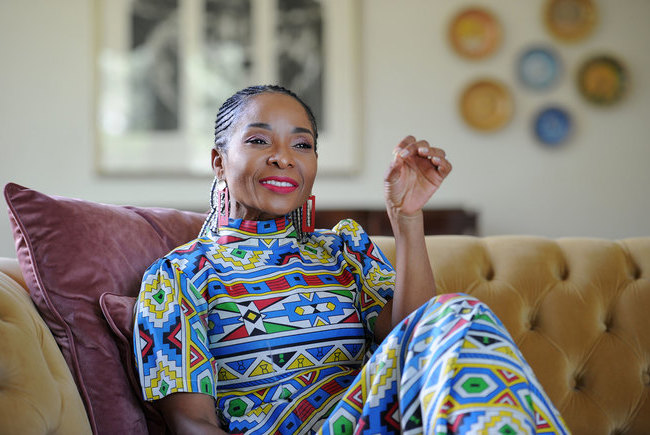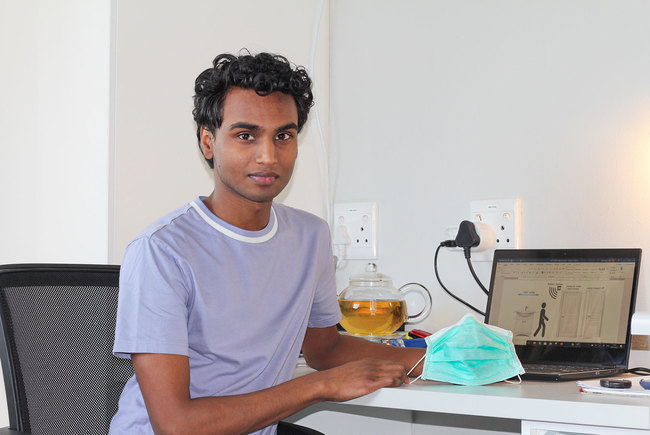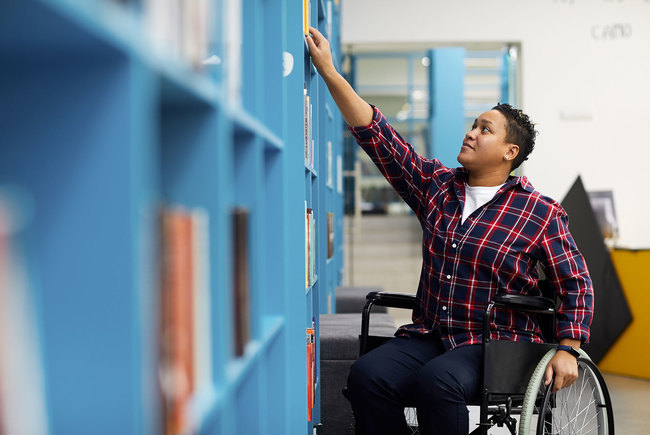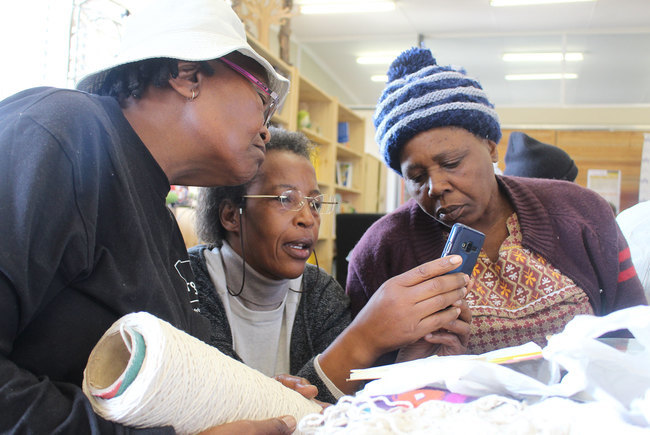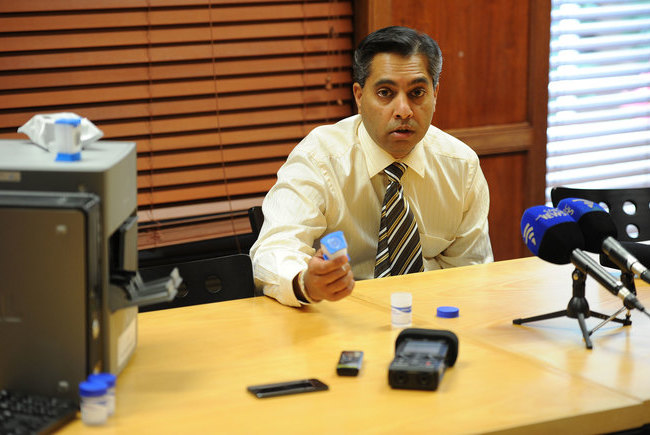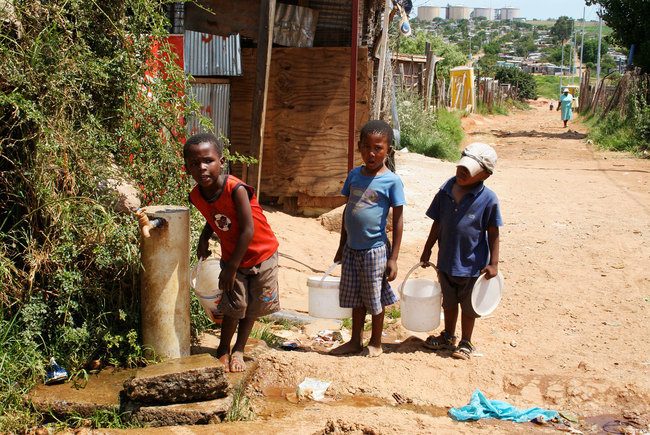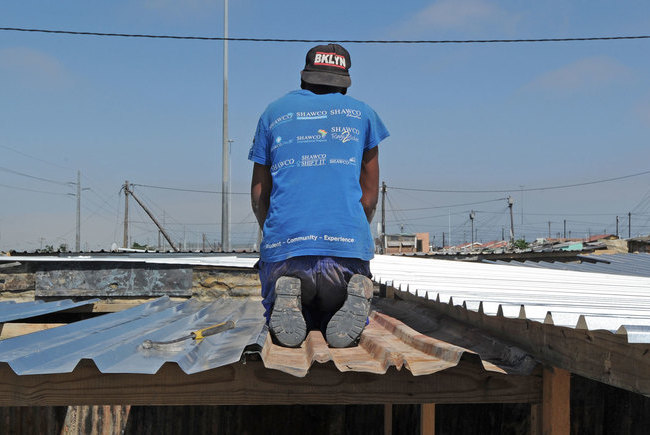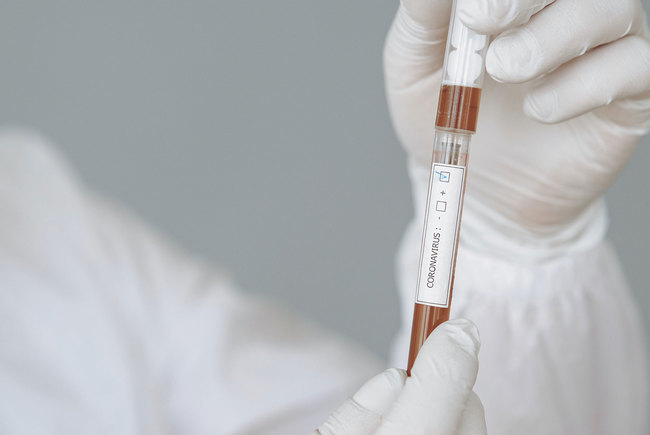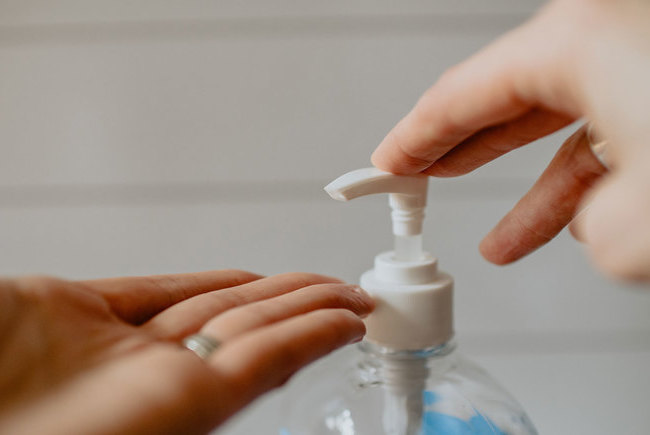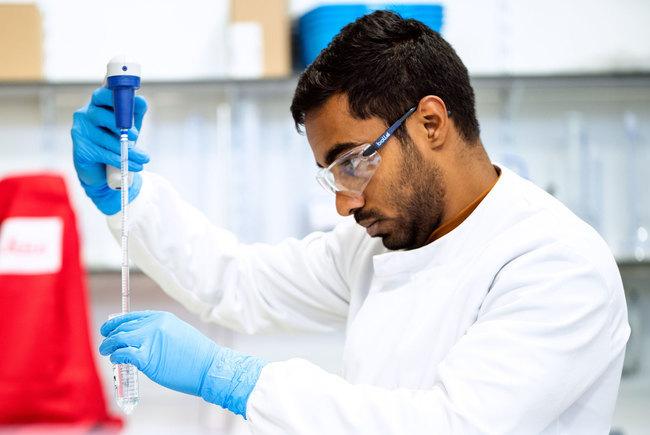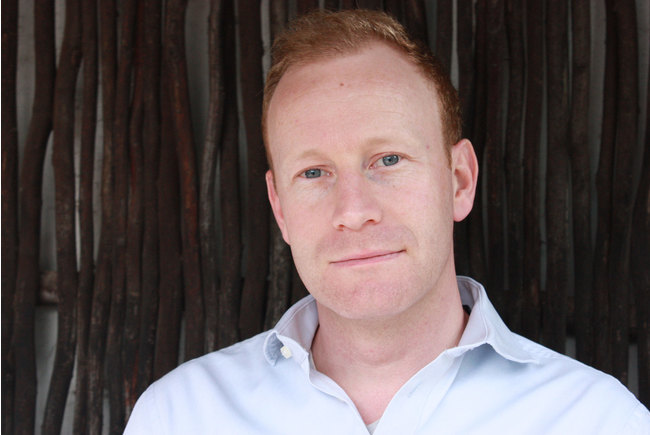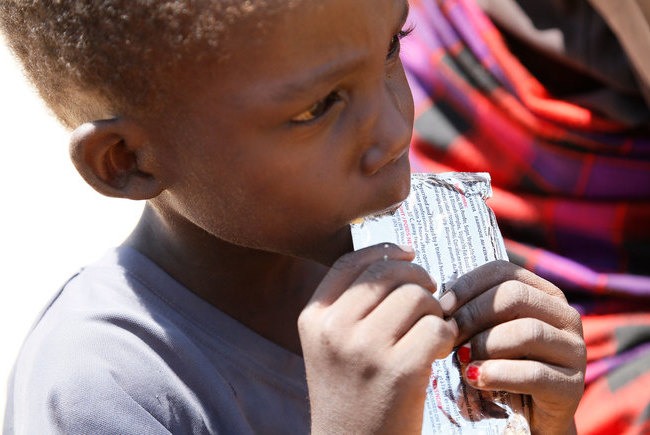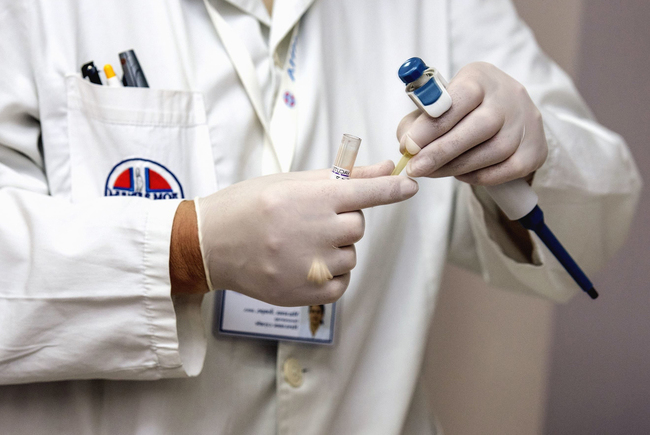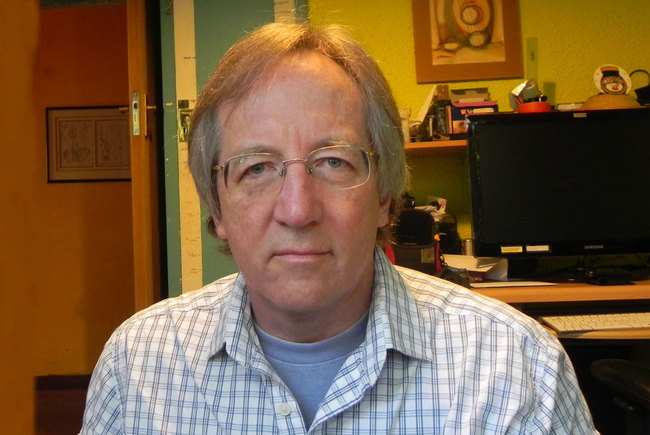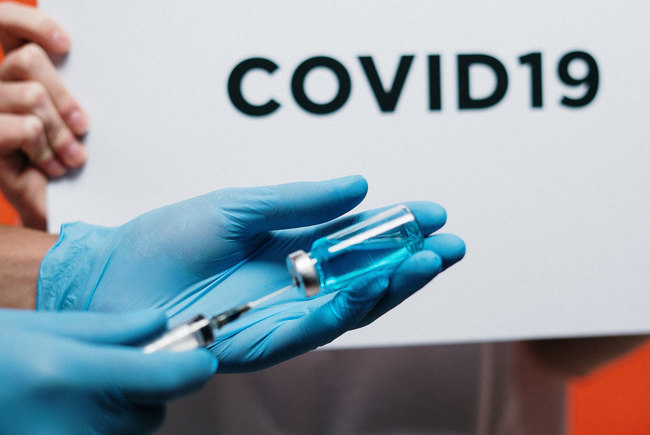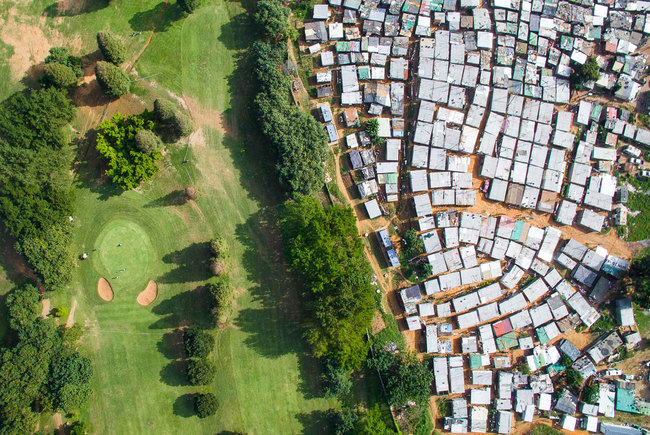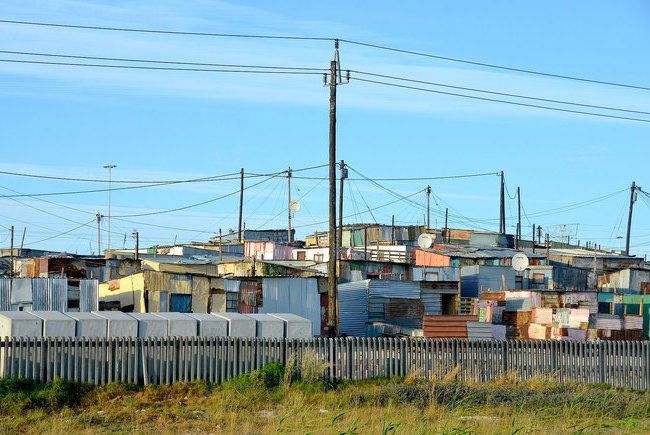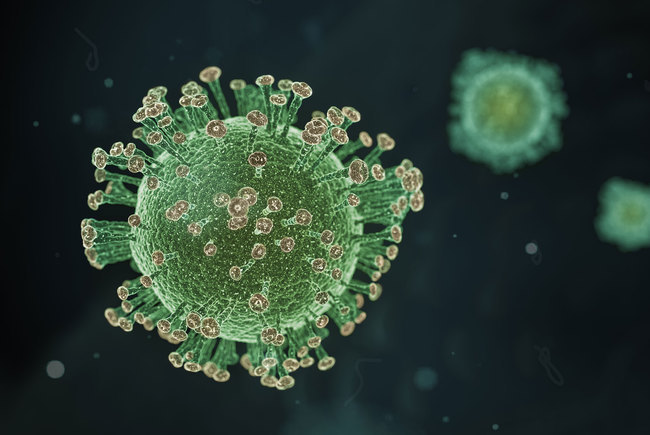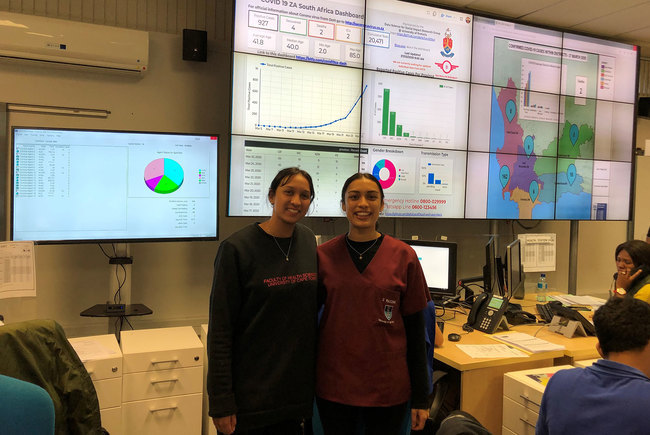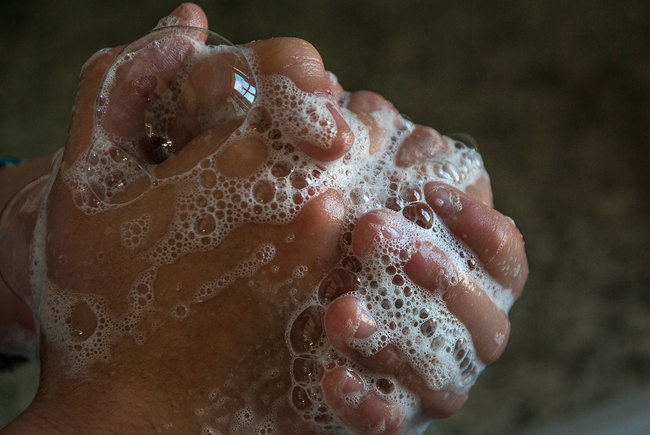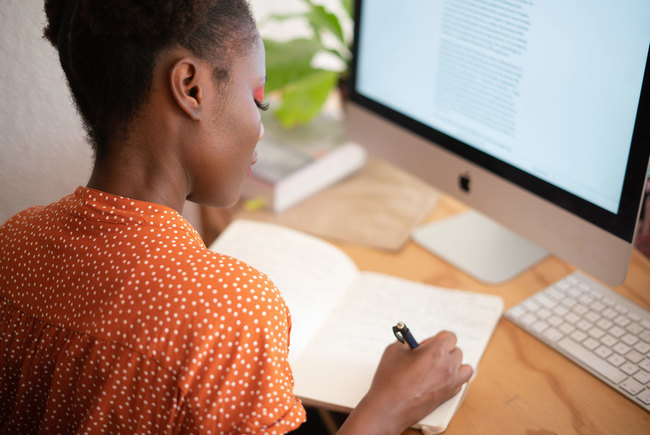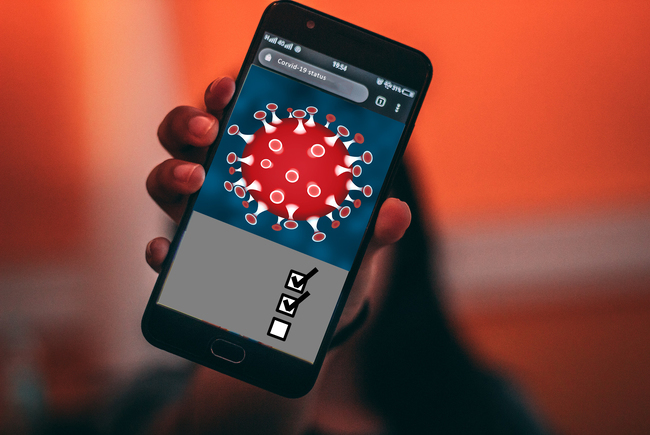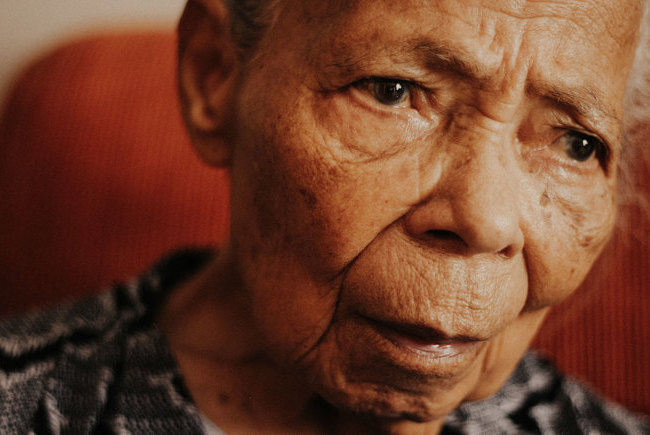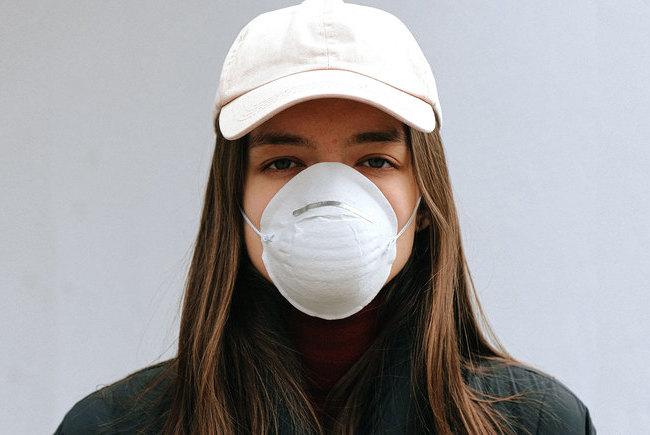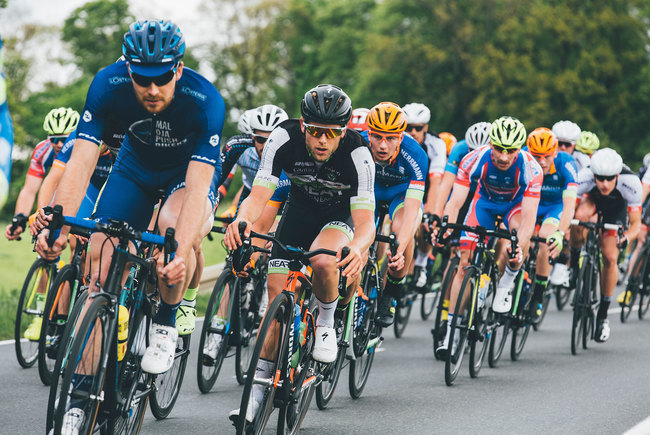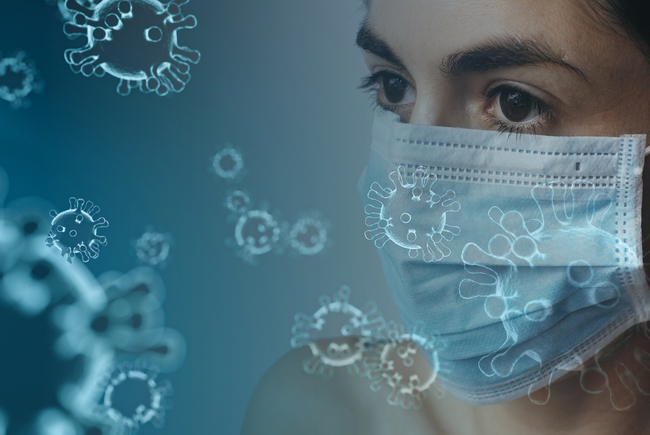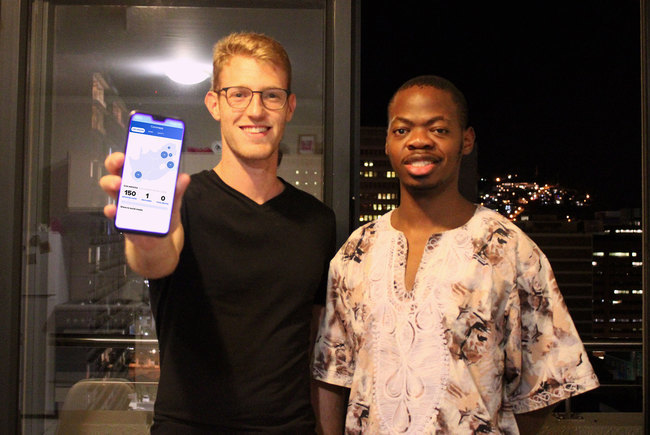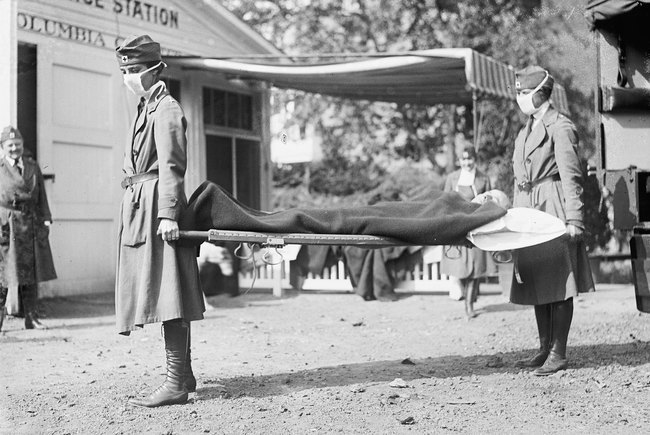Potential harm in acting before there’s ‘good science’
09 April 2020 | Story Carla Bernardo. Voice Munashe Makado. Read time 6 min.
An international team of doctors and researchers recently responded to a preprint study on the use of hydroxychloroquine in the treatment of Coronavirus Disease 2019 (COVID-19). The response identifies multiple issues with the study’s design and data. One of the co-authors of the response is the University of Cape Town’s (UCT) Dr Kate Webb.
Webb is a paediatric rheumatologist in UCT’s Department of Paediatrics and Child Health and the second academic from the university to be selected for the prestigious Crick African Network’s African Career Accelerator awards. She is also UCT’s regional lead in the COVID-19 Global Rheumatology Alliance, which brings together people with pre-existing rheumatic diseases, like lupus and arthritis, and the doctors who look after them.
The response she helped to compile is titled “A rush to judgment? Rapid reporting and dissemination of results and its consequences regarding the use of hydroxychloroquine for COVID-19”.
The study reported that hydroxychloroquine, a medication used to treat lupus, was useful in the treatment of COVID-19. According to the study, people with COVID-19 who had received hydroxychloroquine and azithromycin cleared the virus more quickly than people who did not.
“It is potentially harmful to act before we have good science.”
Following its publication, there was widespread dissemination of the study’s findings in media and by politicians who started speaking about hydroxychloroquine as a “miracle drug” for COVID-19. While it may well turn out to be the case, Webb warned that there is “just not enough good evidence for this at this stage” and it will remain unknown “until good science gives us data”.
Thus, the co-authors of “A rush to judgment?” found that the study was poorly designed and had some serious methodological problems. Of the multiple issues identified, Webb explained that not all participants in the study started the same, with the same amount of virus.
In addition to this, three out of 26 people who received hydroxychloroquine were admitted to an intensive care unit and one died. Instead of including these as “bad outcomes”, they were excluded from the statistical analysis.
Real-world dangers
The “rush to judgement” of the study has introduced real-world dangers and implications for Webb’s lupus patients. Lupus, she explained, is a serious disease involving multiple organ systems, and chloroquine or hydroxychloroquine is a standard and life-saving treatment.
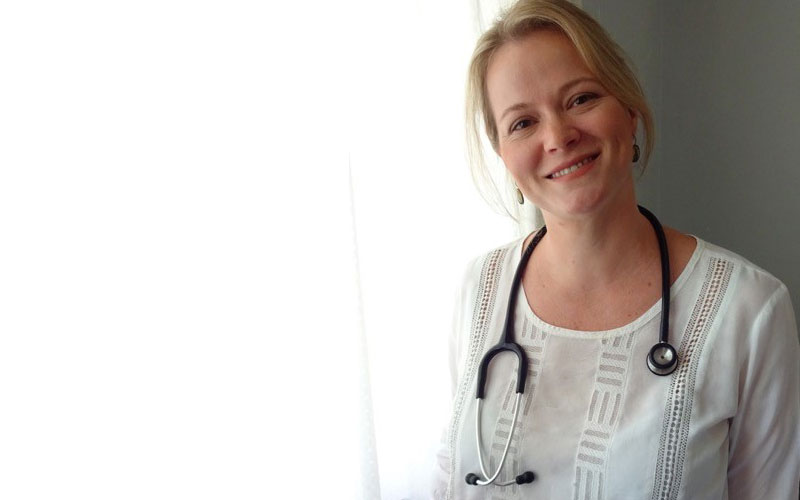
Because of the attention the study has received, the world’s supply of hydroxychloroquine has dwindled, leaving patients who desperately need it in trouble; there have been widespread reports of hydroxychloroquine shortages and patients with lupus struggling to get medication.
“Although there is a real need to move quickly in finding drugs that work for COVID-19, it is potentially harmful to act before we have good science.”
Research challenges
Webb stressed that the pandemic has amplified pressure on those conducting research. These include challenges around working quickly, effectively and streamlining a lot of the usual bureaucracy that exists in academia.
“There is, however, a real risk when moving this fast of making mistakes, and the ethical questions around the risks to privacy still need to be very carefully worked through,” she said.
Webb added that there are also real risks to staff and participants – risks that must be carefully thought through and prevented.
“Working together to gather information and supporting each other is our best weapon against COVID-19.”
There are many more challenges affecting researchers and adding to the pressure. This includes working remotely with international teams, often while caring for young children or recovering from COVID-19, and the fact that most of the research being conducted before the pandemic has since been suspended. Additionally, many researchers have been called to the frontline to either clinically respond or to help with testing.
Personally, Webb is “extremely motivated and inspired” by the response of her colleagues in academia. But while working hard has been her coping strategy, even she is struggling to conduct good research and assist in the clinical response while also caring for her young family.
“Everyone is being pushed to their limits with this and I have been amazed at how the scientific community has responded; we are getting things done in weeks that would have taken years previously.”
Our best weapon
“The broader public has been amazing in its response to COVID-19,” said Webb. “We appreciate people following advice and staying at home to protect us and our families while we do this important work.”
She added that those who are working hard to keep data networks running, shops open and stocked with food, houses safe and the lights on “are all supporting this research”.
Combatting diseases like COVID-19, research is crucial, said Webb, and there is a moral obligation to use every new case as a learning opportunity.
“Therefore, we would like to ask the public that if they are offered the chance to participate in research that has been approved by their local ethics committee, they consider it carefully.
“Working together to gather information and supporting each other is our best weapon against COVID-19.”
 This work is licensed under a Creative Commons Attribution-NoDerivatives 4.0 International License.
This work is licensed under a Creative Commons Attribution-NoDerivatives 4.0 International License.
Please view the republishing articles page for more information.
Coronavirus Disease 2019 updates
COVID-19 is a global pandemic that caused President Cyril Ramaphosa to declare a national disaster in South Africa on 15 March 2020 and to implement a national lockdown from 26 March.
UCT is taking the threat of infection in our university community extremely seriously, and this page will be updated regularly with the latest COVID-19 information. Please note that the information on this page is subject to change depending on current lockdown regulations.
Frequently asked questions
Daily updates
Campus communications
2020
Resources
Video messages from the Department of Medicine
Getting credible, evidence-based, accessible information and recommendations relating to COVID-19
The Department of Medicine at the University of Cape Town and Groote Schuur Hospital, are producing educational video material for use on digital platforms and in multiple languages. The information contained in these videos is authenticated and endorsed by the team of experts based in the Department of Medicine. Many of the recommendations are based on current best evidence and are aligned to provincial, national and international guidelines. For more information on UCT’s Department of Medicine, please visit the website.
To watch more videos like these, visit the Department of Medicine’s YouTube channel.
Useful information from UCT
External resources
News and opinions
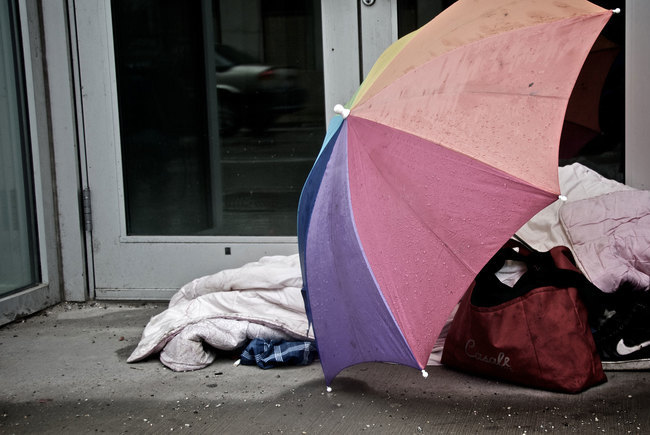
As the COVID-19 crisis drags on and evolves, civil society groups are responding to growing and diversifying needs – just when access to resources is becoming more insecure, writes UCT’s Prof Ralph Hamann.
03 Jul 2020 - 6 min read Republished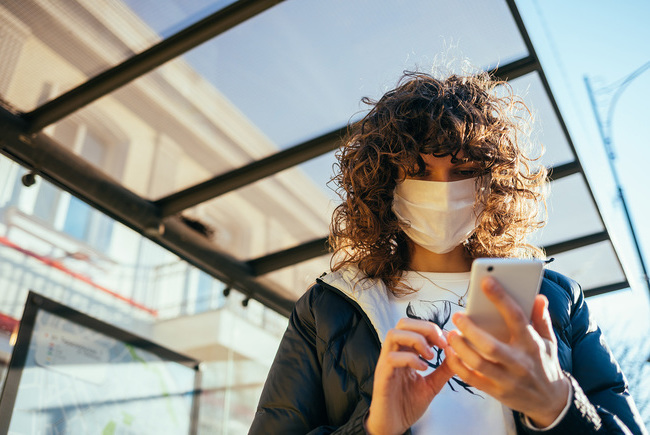
The Covid-19 crisis has reinforced the global consequences of fragmented, inadequate and inequitable healthcare systems and the damage caused by hesitant and poorly communicated responses.
24 Jun 2020 - >10 min read Opinion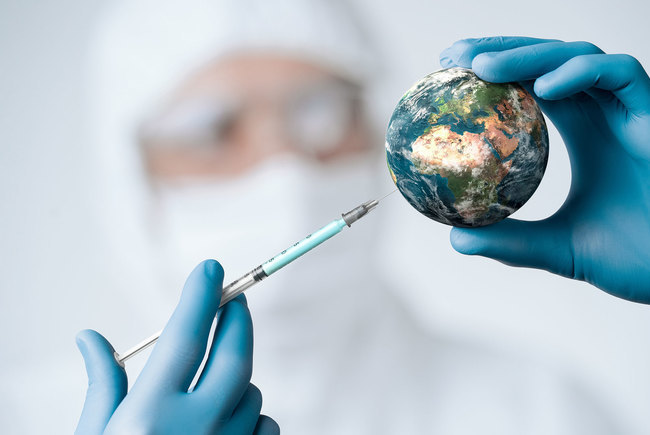
Our scientists must not practise in isolation, but be encouraged to be creative and increase our knowledge of the needs of developing economies, write Professor Mamokgethi Phakeng, vice-chancellor of UCT, and Professor Thokozani Majozi from the University of the Witwatersrand.
09 Jun 2020 - 6 min read Republished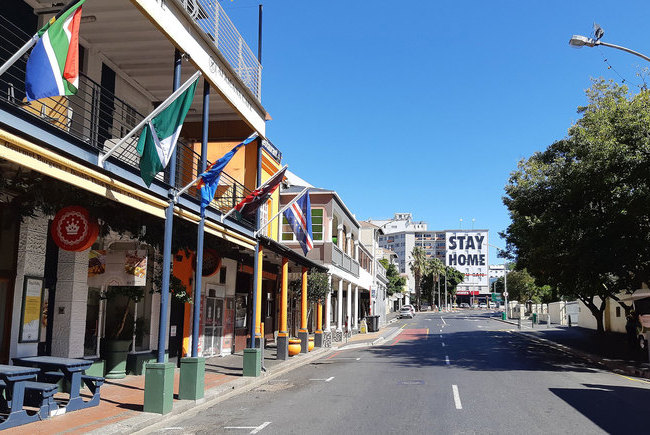
South Africa has been recognised globally for its success in flattening the curve, which came as a result of President Ramaphosa responding quickly to the crisis, writes Prof Alan Hirsch.
28 Apr 2020 - 6 min read RepublishedStatements and media releases
Media releases
Read more
Statements from Government
In an email to the UCT community, Vice-Chancellor Professor Mamokgethi Phakeng said:
“COVID-19, caused by the virus SARS-CoV-2, is a rapidly changing epidemic. [...] Information [...] will be updated as and when new information becomes available.”
We are continuing to monitor the situation and we will be updating the UCT community regularly – as and when there are further updates. If you are concerned or need more information, students can contact the Student Wellness Service on 021 650 5620 or 021 650 1271 (after hours), while staff can contact 021 650 5685.








